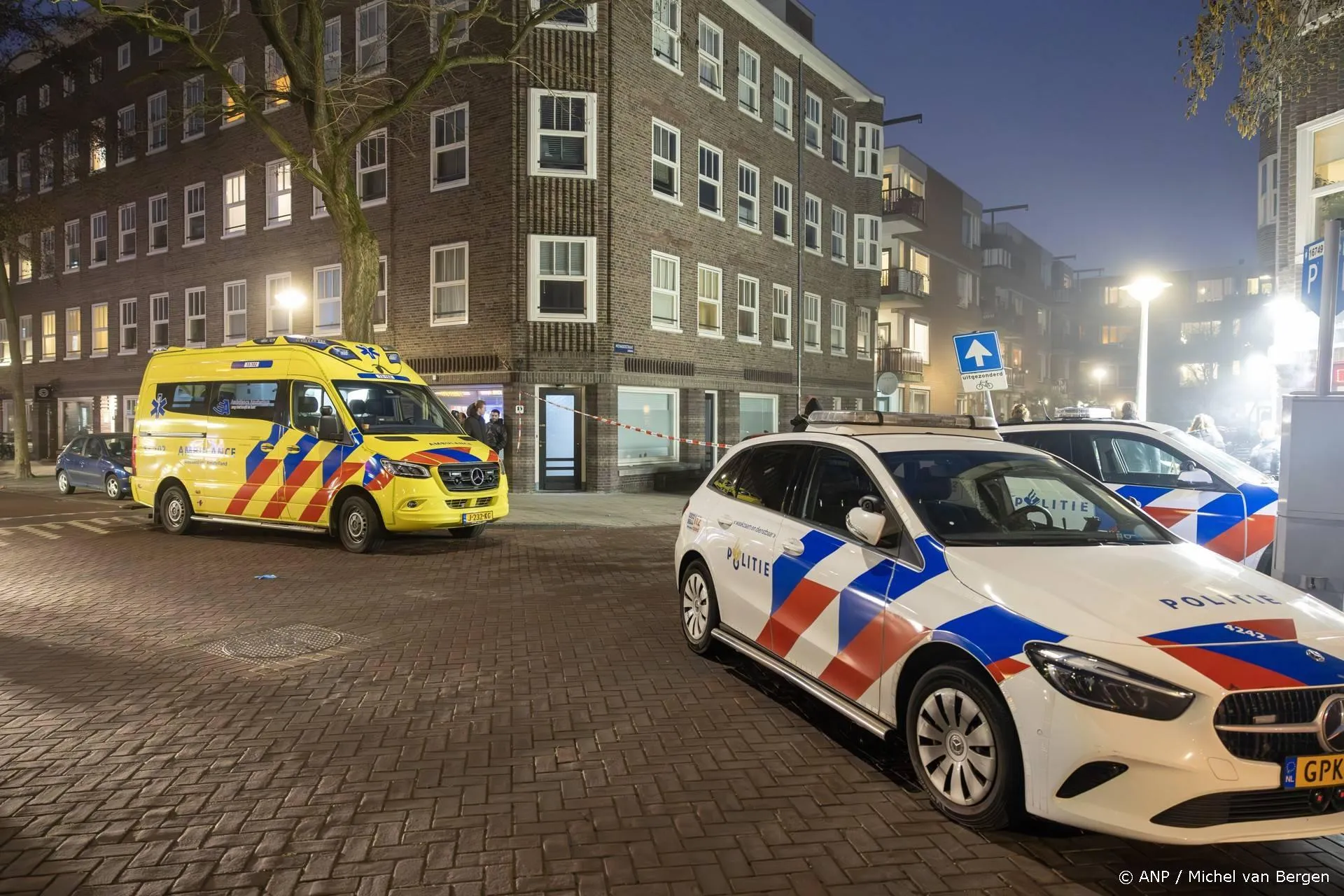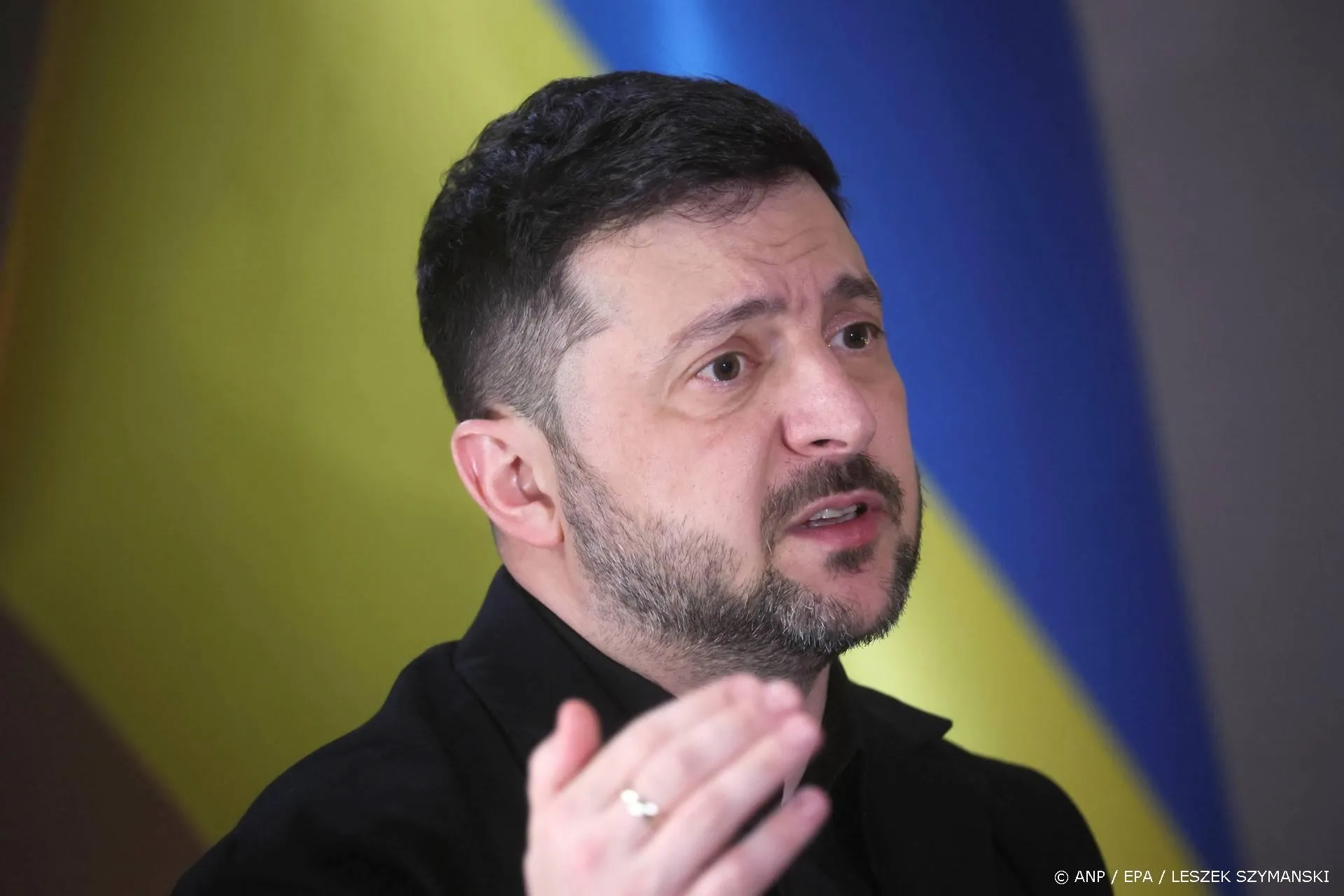Kostenbaten klimaatbeleid: 1 kosten levert 3 cent baten op
'Trillions of euros, zero effect.'
Richard Tol en Bjørn Lomborg laten al vele jaren kritische geluiden horen over het klimaatbeleid en worden in toenemende mate serieus genomen door de MSM. Zij behoren echter niet tot de klimaatsceptici in strikte zin, want zij zien klimaatverandering wèl als een probleem. Maar zij zijn het niet eens met de klimaatbeleid dat een vermogen kost en geen meetbaar effect heeft: 'All pain and no gain.'
Onder de titel, 'Tol/Lomborg Becoming Powerful Voices Of Reason On Climate Policy In German Media: 1 Euro Costs 3 Cents Benefit', schonk Pierre Gosselin aandacht aan een Duitstalig artikel over Richard Tol en Bjørn Lomborg.
It seems that it is beginning to dawn on some of Europes mainstream media: The transition to green energies is turning out to be ten or even 100 times more expensive than what they were led to believe just a few years ago.
Increasingly we have been seeing reports featuring renowned climate economists such as Bjørn Lomborg or Richard Tol in the German-language mainstream media.
The message: Hey, this green energy policy really isnt working well at all.
And again the climate policy critics Tol and Lomborg are being featured by the German-language media as respected dissident voices, this time by the online Austrian nachrichten.at in an article titled: '1 Euro Kosten, 3 Cent Nutzen.' In English: euro costs, 3 cents benefit
First the Nachrichten.at discusses what could be the most economically sensible way of reducing CO2 emissions. So far the measures that have been implemented have been both effective and ineffective: Effective at costing lots of money, ineffective at actually reducing CO2 emissions.
The Nachrichten.at writes that the most effective policy to reduce carbon emissions may be a CO2 tax, but then writes how Australia has just repealed it because of its sheer unpopularity.
The Austrian nachrichten.at then writes about the astronomical costs and the utter ineffectivity of climate policy so far:
Already the EU 2020 strategy costs 185 billion euros annually. By the end of the century the costs will run to 15 trillion euros. With this, according to the UN IPCC, the global temperature increase will be lowered 0.05°C. For every euro that the EU pays into climate protection, it prevents 3 cents worth of damage from climate change. Lomborg writes: That is not rational policy!'
Already the EU 2020 strategy costs 185 billion euros annually. By the end of the century the costs will run to 15 trillion euros. With this, according to the UN IPCC, the global temperature increase will be lowered 0.05°C. For every euro that the EU pays into climate protection, it prevents 3 cents worth of damage from climate change. Lomborg writes: That is not rational policy!'
The Nachrichten.at quotes what Lomborg said in 2013:
If the measures against climate change are not economically efficient, then they will not be sustainable because countries struggling to emerge like India and China will not follow along.
Moreover the article presents harsh criticism from Richard Tol, writing:
Trillions of euros, zero effect.
What has been done and planned thus far has been a debacle. [...] Although the consequences of climate change cannot be denied, they have, however, been drastically overestimated. Tol accuses the climate scientists of acting bitterly and politically.
Things are slowly changing. German language media are increasingly presenting other opinions to get the public to take another look at where the current, skewed energy policy is leading. Thats good news because a debate has long been sorely missing. As the costs skyrocket, the days of isolating divergent opinions may be ending.
Aldus Pierre Gosselin.
Lees verder hier.
Het oorspronkelijk Duitstalige artikel is hier te vinden.
Natuurlijk, het klimaat verandert. Klimaatverandering is de norm. Maar dat de mens een dominante invloed heeft uitgeoefend op de opwarming van de aarde, die in de tweede helft van de 20ste eeuw heeft plaatsgevonden (en die 17 jaar geleden is gestopt!), is niet bewezen. Evenmin is bewezen dat de geringe opwarming die heeft plaatsgevonden, schadelijk is geweest voor de mensheid en/of de aarde. Ten slotte geloof ik niet dat er zoiets is als een CO2-thermostaatknop waarmee het wereldklimaat zou kunnen worden geregeld.
Wat zal de toekomst brengen: opwarming of afkoeling? Ik heb het al vaak geschreven. Ik acht voor de komende decennia afkoeling iets waarschijnlijker dan hernieuwde opwarming.
De toekomst zal het leren.
Voor mijn eerdere DDSbijdragen zie hier.
Ga verder met lezen
Dit vind je misschien ook leuk
Laat mensen jouw mening weten
Lees ook
Loading


